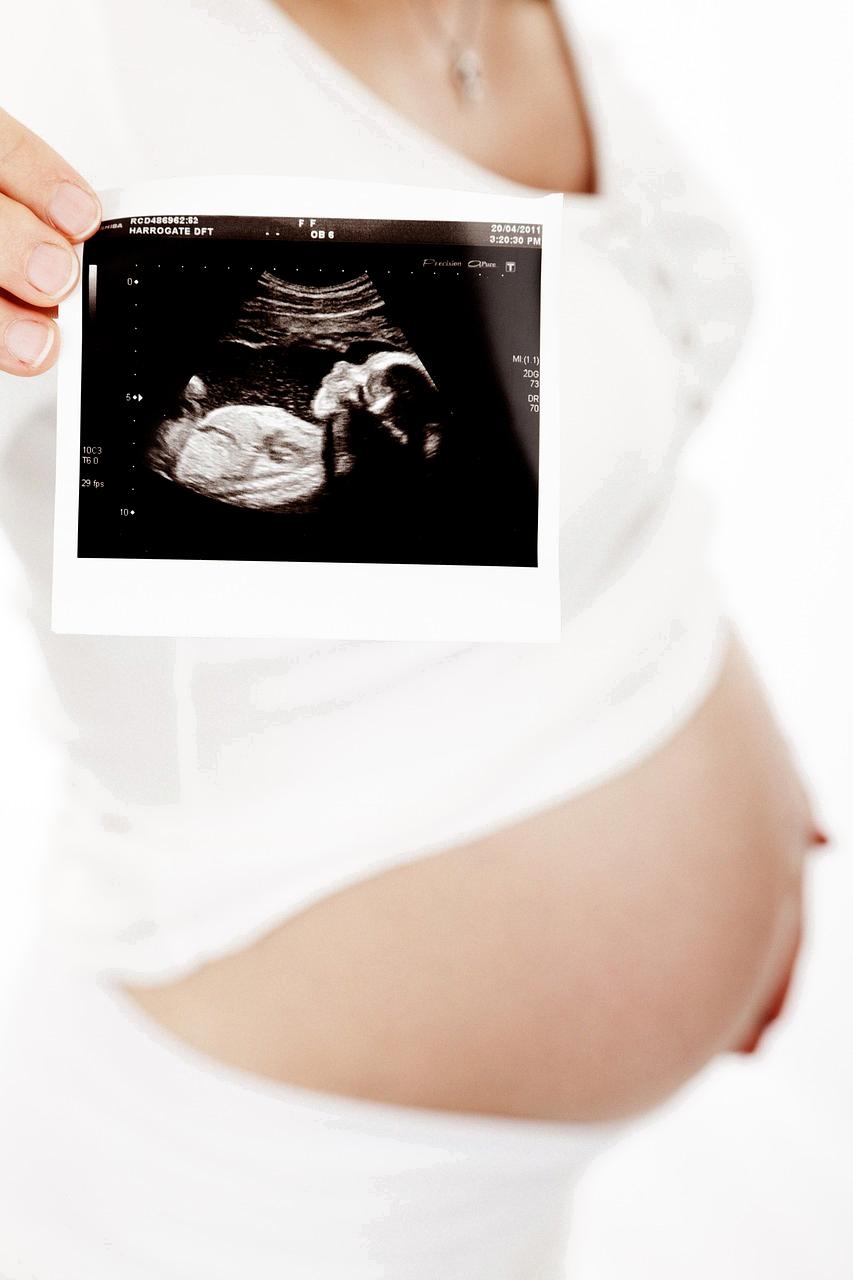Autism is a complex neurodevelopmental disorder that affects how a person interacts and communicates with others. While autism is typically diagnosed during early childhood, researchers have been exploring the possibility of detecting signs of autism even before a child is born.
Recent Study Findings
A groundbreaking study conducted in 2022 revealed that certain prenatal signs of autism may be detectable during pregnancy. The study observed that a routine second-trimester ultrasound could potentially identify early indicators of autism, such as anomalies in the heart, head, and kidneys.
Early Detection Potential
The notion of detecting prenatal signs of autism opens up new possibilities for early intervention and support for children who may be at risk. By identifying potential indicators before birth, healthcare providers and parents can better prepare for any challenges that may arise.
Importance of Early Intervention
Early intervention has long been recognized as a crucial factor in improving outcomes for individuals with autism. Detecting signs of autism prenatally could allow for earlier access to specialized services and therapies that can support the child’s development and well-being.
Ethical Considerations
While the idea of prenatal autism screening holds promise, it also raises ethical considerations. Questions about how this information should be used and the potential impact on parents and families must be carefully considered and addressed.
Additional Research Needed
While the recent study provides intriguing insights into the possibility of detecting prenatal signs of autism, further research is needed to validate these findings and explore the long-term implications of early detection.
Parental Support and Education
For parents who may be concerned about the possibility of prenatal signs of autism, it is essential to seek support and guidance from healthcare professionals and autism specialists. Understanding the available resources and interventions can help families navigate their journey effectively.
Empowering Parents
Empowering parents with knowledge and awareness about autism spectrum disorder can help them advocate for their child’s needs and access appropriate services. Building a strong support network can also play a significant role in navigating the challenges of raising a child with autism.
Impact on Future Research
The discovery of potential prenatal signs of autism may influence the direction of future research in the field of autism spectrum disorder. Scientists and healthcare professionals may explore new avenues for early detection and intervention based on these findings.
Quality of Life Considerations
Understanding and detecting prenatal signs of autism can have a profound impact on the quality of life for individuals and families affected by autism. By recognizing potential indicators early on, individuals with autism can receive timely support and resources to thrive.
Collaboration and Support
Collaboration between healthcare providers, researchers, educators, and families is essential in advancing our understanding of autism and improving outcomes for individuals on the spectrum. By working together, we can create a more inclusive and supportive environment for individuals with autism.
Conclusion
While the concept of detecting prenatal signs of autism is still in its early stages, the recent study sheds light on the potential for early intervention and support. By staying informed, fostering collaboration, and advocating for individuals with autism, we can create a more inclusive and understanding society for all.

